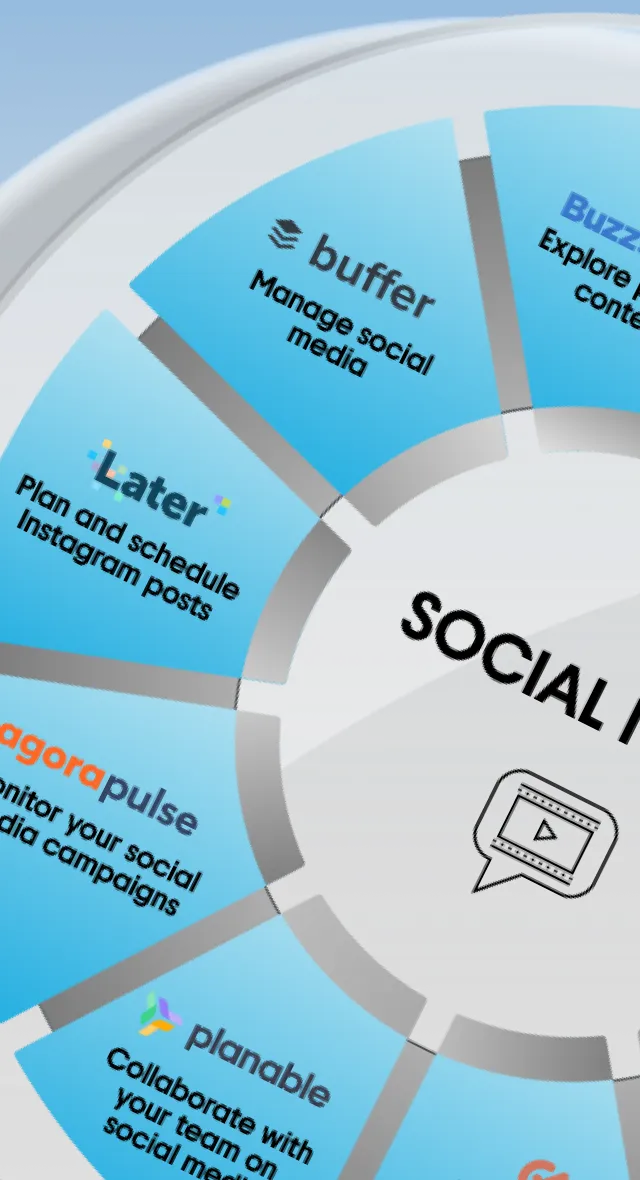Building Your Professional Image: A Comprehensive Guide to Personal Branding
If you’re looking to advance your career, establish credibility, or expand your professional network, creating a strong personal brand is essential for you. It’s more than a polished resume or a compelling LinkedIn profile—it’s about making a conscious effort to influence how you’re perceived and ensuring that this perception aligns with your professional goals.
Building a strong personal brand requires a multifaceted approach. It requires a strategic approach, consistent effort, and a willingness to adapt and grow. This article is here to unpack the essence of personal branding, explore its impact on your career, and provide practical steps to develop and enhance it. Are you ready to elevate your professional image? Let’s get started on building your personal brand.
What is personal branding?
Personal branding is the deliberate and strategic effort to create and influence the public perception of an individual, establishing them as an authority in their field, elevating their credibility, and differentiating them from competition. To put it simply, personal branding is about consistently presenting yourself in a professional manner that aligns with your career aspirations, personal values, and skills.
In practical terms, personal branding involves:
- Defining your professional identity: this means identifying the areas where you excel, understanding your unique skills, and knowing how these align with the needs or interests of your audience.
- Developing a signature style: this is about creating a recognizable visual and communication style—whether it’s through the way you dress, your graphic design choices on social media, or your writing style.
- Communication strategy: this involves deciding how and where you will share your message. It includes choosing the right platforms—LinkedIn, a personal blog, industry conferences—and determining the tone and frequency of your communication.
- Networking and community building: a significant part of personal branding is who you know and who knows you. This includes building a network of contacts and engaging with a community relevant to your field.
- Reputation management: This involves monitoring and managing both your online and offline presence, ensuring that the information available about you aligns with the brand you’re building.
Why is personal branding important?
1. Career advancement
In a competitive job landscape, a strong personal brand sets an individual apart. It highlights unique skills and experiences, offering a clear picture of who the person is beyond a resume. This differentiation can be a deciding factor in hiring decisions. A well-established personal brand can also position you as a leader in your field and open doors to speaking engagements, industry panels, and other opportunities where your opinions and insights are valued. Moreover, if you’re looking to shift industries or roles, a strong personal brand that showcases transferable skills and a diverse professional narrative can ease this transition.
2. Networking opportunities
A clear and engaging personal brand helps in attracting like-minded professionals. It makes networking more effective as it draws individuals and opportunities aligned with your professional goals and values. In the digital age, a significant part of networking occurs online, so a strong personal brand on platforms like LinkedIn can lead to new connections, collaborations, and job opportunities.
3. Building trust and credibility
A personal brand that consistently showcases knowledge and skills in a specific area establishes the individual as an expert. This credibility can lead to trust from peers, potential employers, and clients. Trust and credibility, once established, can lead to long-term professional relationships. These relationships can be invaluable throughout a career for mentorship, collaborations, and growth opportunities.
4. Personal empowerment and confidence
Developing a personal brand requires introspection and clarity when it comes to your goals, strengths, and values. This process can empower you, providing a focused direction in your career. With a strong sense of identity and a clear professional narrative, you can approach networking, interviews, and collaborations with greater confidence.
5. Impact on personal opportunities
And here’s the cherry on top: a well-recognized personal brand can open doors to monetizing what you’re great at through consulting, speaking engagements, writing books, or creating courses. It can provide leverage in salary negotiations or business deals, as it underlines the unique value you bring to the table.
What are the best strategies to elevate your personal brand?
1. Develop a focused content strategy
Creating and curating content that aligns with your expertise is crucial. Begin by identifying core topics that reflect your professional strengths and interests. Plan to create diverse content forms such as blog posts, videos, and podcasts. Ensure the content is valuable, relevant, and of high quality. Try setting up a monthly content calendar, planning topics and formats in advance and consistently following through. Be open to evolving your brand as you grow professionally and as market demands change.
2. Leverage social media with a purpose
Choose social media platforms wisely, focusing on where your target audience is most active. Rather than just posting content, engage actively with your audience. Respond to comments, participate in relevant conversations, and share insights that reflect your expertise. Allocate specific times for social media interaction to maintain a consistent presence without overwhelming your schedule.
Consider creating a personal website that would act as a central hub for your personal brand. It should include your bio, portfolio, blog, and contact information. Regularly update your website with insightful articles that reflect your expertise. This not only boosts your SEO, but also reinforces your position as an industry expert.
3. Engage in public speaking and networking
Active participation in industry events and online webinars can significantly boost your brand. Whether online or in-person, attending industry events can help build your confidence and expand your network. These events are perfect chances to meet peers, influencers, and potential mentors. Seek opportunities for public speaking, panel discussions, or conducting workshops. It also positions you as a knowledgeable and confident professional in your field and can enhance your visibility and credibility.
4. Maintain a professional image and communication skills
Ensure that your personal appearance aligns with your brand, especially during public events and on professional social media profiles. This extends to include your digital presence.
Enhance your communication skills, focusing on clarity, conciseness, and engagement. This includes not only public speaking, but also writing and interpersonal communication. Consider joining a public speaking group or taking a course in professional writing to refine these skills.
5. Seek feedback and continuously adapt
Regularly seek feedback from peers, mentors, and your audience to improve the effectiveness of your brand strategy. Use this feedback constructively to make necessary adjustments. Stay informed about the latest trends and developments in your industry, and be willing to adapt your approach. This continuous learning will ensure your brand remains relevant. A practical way to do this is to conduct a quarterly review of your branding efforts, assessing what’s working and identifying areas for improvement.
To wrap up
So, there you have it! Personal branding is not just a self-promotion tool, but a strategic tool for career development. It’s an essential part of your professional journey—one that can open doors, create connections, and lead to a more fulfilled career. It also helps in differentiating you in an overcrowded market and building a strong network that could lead to new opportunities.
Other articles that may interest you
How to Get Followers on Instagram: Your Comprehensive Guide to Organic Growth
Transforming Your Network: Key Techniques for Building Valuable Connections
Productivity Trap: How to Stop Trying to Get Everything Done













